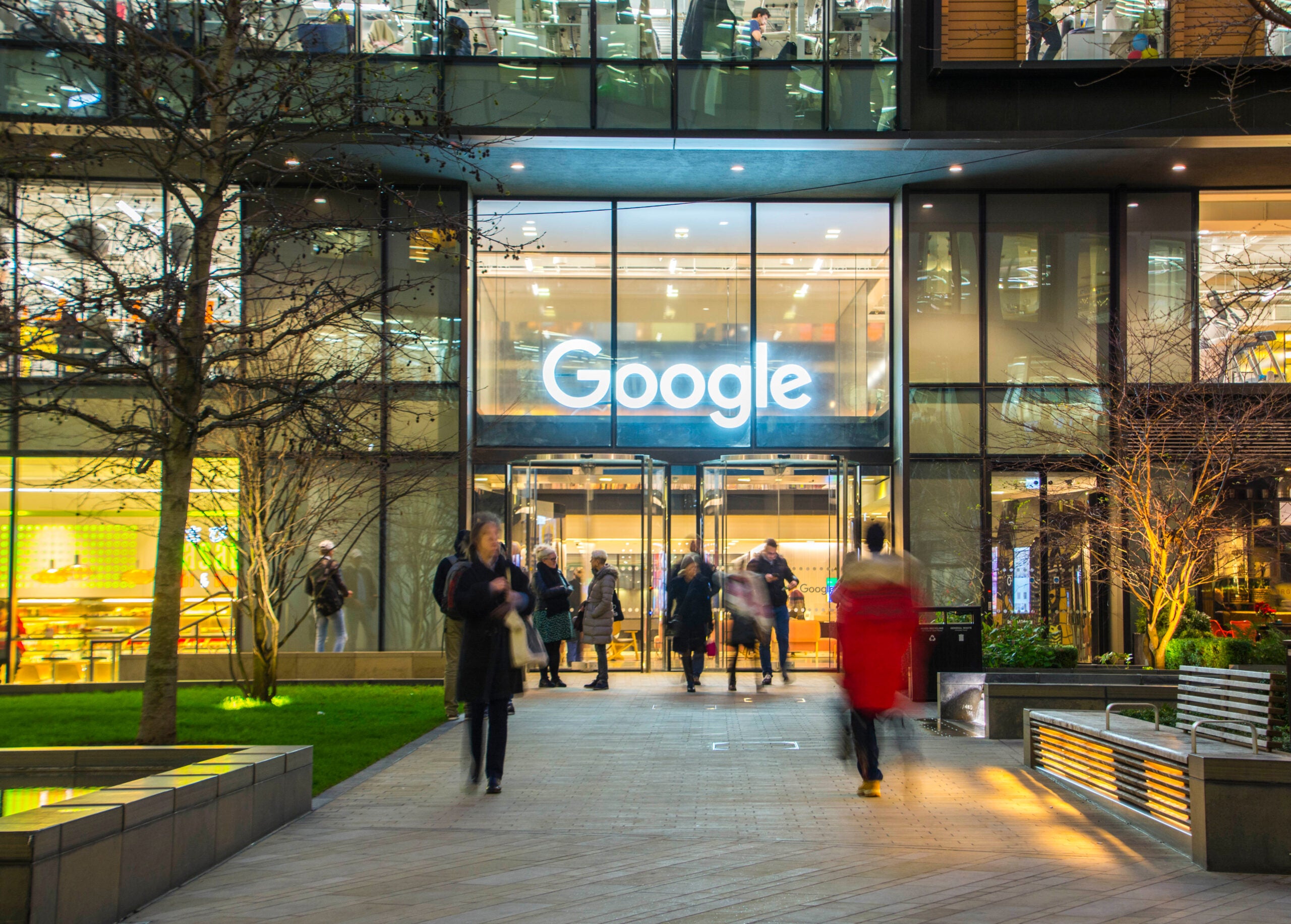
Google had an eventful day on Wednesday. The search giant lost a €2.42bn ($2.8bn) antitrust case after the EU’s second-highest Court ruled that the company abused its dominant position to beat competition in ecommerce. Meanwhile, Google won at the UK Supreme Court, which unanimously voted down a £3bn ($4.05bn) lawsuit that would have seen over four million Brits compensated for allegedly illegal data tracking via their iPhones.
First, the bad news for Google: The General Court of Luxembourg ruled on Wednesday that the tech giant favoured its own price-comparison shopping service, giving it an unfair advantage vis-à-vis its competitors, which will cost the company €2.42bn.

Access deeper industry intelligence
Experience unmatched clarity with a single platform that combines unique data, AI, and human expertise.
“The General Court largely dismisses Google’s action against the decision of the Commission finding that Google abused its dominant position by favouring its own comparison shopping service over competing comparison shopping services,” the Court said.
The EU’s competition chief, Margrethe Vestager, first brought the case in 2017 as part of a trio of decisions that resulted in antitrust fines of up to €8.25bn ($9.53bn) for the Mountain View, California-based company.
The decision marks the first time a European court has ruled on an antitrust case against Google. It is likely that Google will appeal the decision.
“The Court vindicates the Commission’s enforcement action in this first in a series of landmark ‘Big tech’ decisions. It is significant in itself, but to antitrust enforcement in the tech sector generally, and also to new regulation that is being proposed for platforms in Europe and elsewhere,” says Jonas Koponen, antitrust and foreign investment partner at law firm Linklaters.

US Tariffs are shifting - will you react or anticipate?
Don’t let policy changes catch you off guard. Stay proactive with real-time data and expert analysis.
By GlobalDataDespite the jaw-dropping amount of €2.42bn, it is unlikely that this fine will deter a business the size of Google.
“The Court also upheld the findings on effects on competition, but it is striking that the remedies put in place to redress those effects appear not to have been effective either. A large number of industry participants say that Google’s conduct has not changed in a way that allows flourishing competition in comparison shopping. Truly effective remedies remain an issue,” says Koponen.
Meanwhile, the search giant bagged a win in the UK, where the Supreme Court unanimously decided to side with Google in a mass-action lawsuit, dismissing the claim that Google should pay damages over allegedly illegal tracking of user data.
The case was brought by former Which? director Richard Lloyd, supported by the activist group Google You Owe Us. It alleges that Google “illegally misused the data of millions of iPhone users” through the “clandestine tracking and collation” of information about internet usage on iPhones’ Safari browser.
Lloyd sought £750 ($1,000) in damages for each affected individual of the represented class under the 1998 Data Protection Act, which would have amounted to £3.3bn.
In his judgment, Lord Leggatt explained that the main issue was that the “claim has been framed in order to try to bring it as a representative action” for many individuals.
“The claimant seeks damages […] for each individual member of the represented class without attempting to show that any wrongful use was made by Google of personal data relating to that individual or that the individual suffered any material damager or distress as a result of a breach,” his ruling read.
“Without proof of these matters, a claim for damages cannot succeed.”
However, the judge added that the case had a “real chance of success” if pursued by the claimant as an individual, instead of as a mass action.
The main takeaway is that, under current legislation, compensation to individuals requires a claimant to have suffered monetary loss or actual distress. The provisions do not require damages to be paid where data has simply been processed.
“Had Google lost the appeal, this could have kicked open the floodgates for mass litigations in the technology sector. Whilst this would have been an inconvenience to big players, more worryingly, it could have seriously damaged the small firms involved who would have faced large penalties,” explains Jonathan McDonald, Partner at London-based law firm Charles Russell Speechlys.
“It’s a clear and well-reasoned decision. In the past, the courts have sometimes grappled with what is a complex and abstract area of law, but this really gets to grips with the key issues and their commercial implications,” said Richard Cumbley, technology Partner at Linklaters.
“Ultimately, it’s a bad day for lawyers and a good day for businesses,” he added.
Alphabet, Google’s parent company, is ranked number two software company in the world behind Microsoft in GlobalData’s Thematic Scorecards. This high ranking is built on high scores across technical themes such as AI, Data and Cybersecurity. In the increasingly important area of ESG, however, Alphabet scores only 3 of a possible 5: and this is sufficient for Microsoft to take the top spot.







